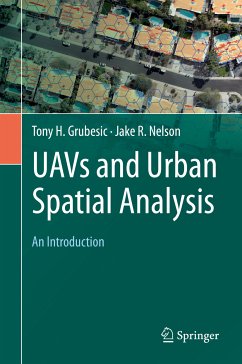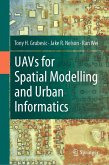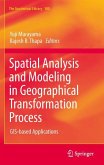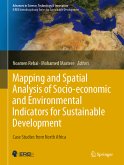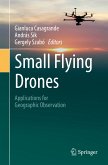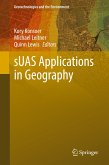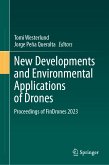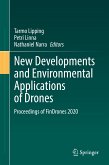This book provides an introduction to the use of unmanned aerial vehicles (UAVs) for the geographic observation and spatial analysis of urban areas. The velocity of urban change necessitates observation platforms that not only enhance situational awareness for planning and allied analytical efforts, but also provide the ability to rapidly and inexpensively collect data and monitor change. UAVs can accomplish both of these tasks, but their use in urban environments is loaded with social, operational, regulatory and technical challenges that must be addressed for successful deployments.
The book provides a resource for educators and students who work with geographic information and are seeking to enhance these data with the use of unmanned aerial vehicles. Topics covered include, 1) a primer on UAVs and the many different ways they can be used for geographic observation, 2) a detailed overview on the use of aviation maps and charts for operating UAVs in complex urban airspace, 3) techniques for integrating UAV-derived data with more traditional geographic information, 4) application of spatial analytical tools for urban and environmental planning, and 5) an exploration of privacy and public safety issues associated with UAV operation.
Dieser Download kann aus rechtlichen Gründen nur mit Rechnungsadresse in A, B, BG, CY, CZ, D, DK, EW, E, FIN, F, GR, HR, H, IRL, I, LT, L, LR, M, NL, PL, P, R, S, SLO, SK ausgeliefert werden.

